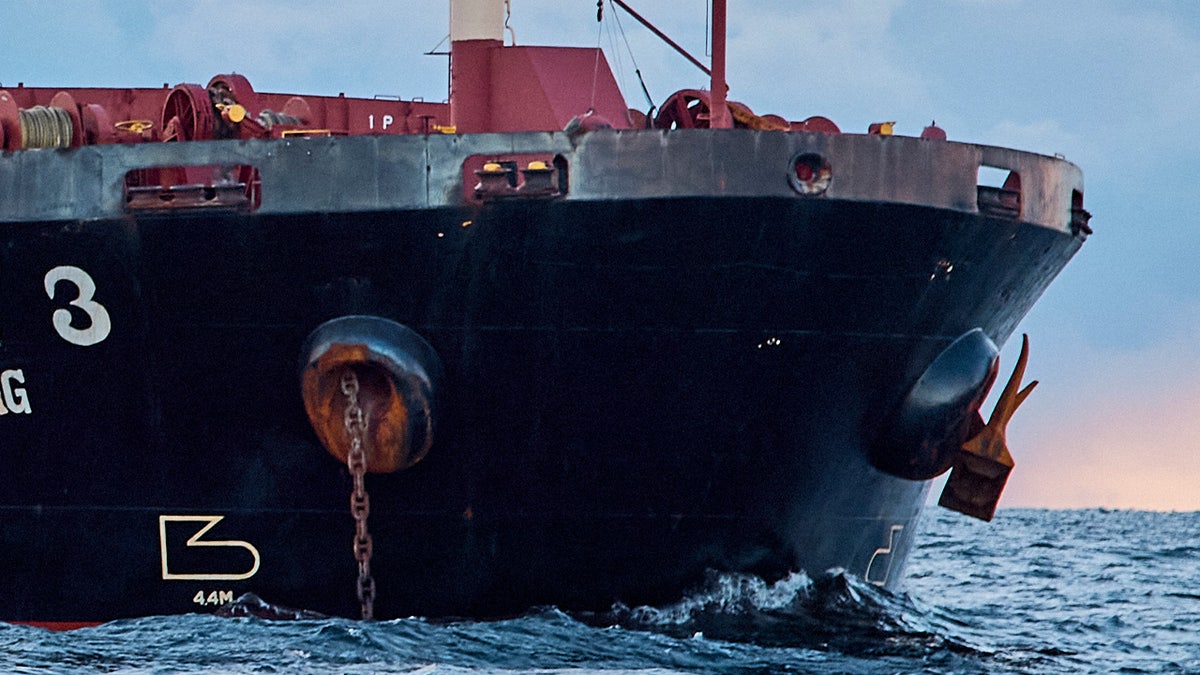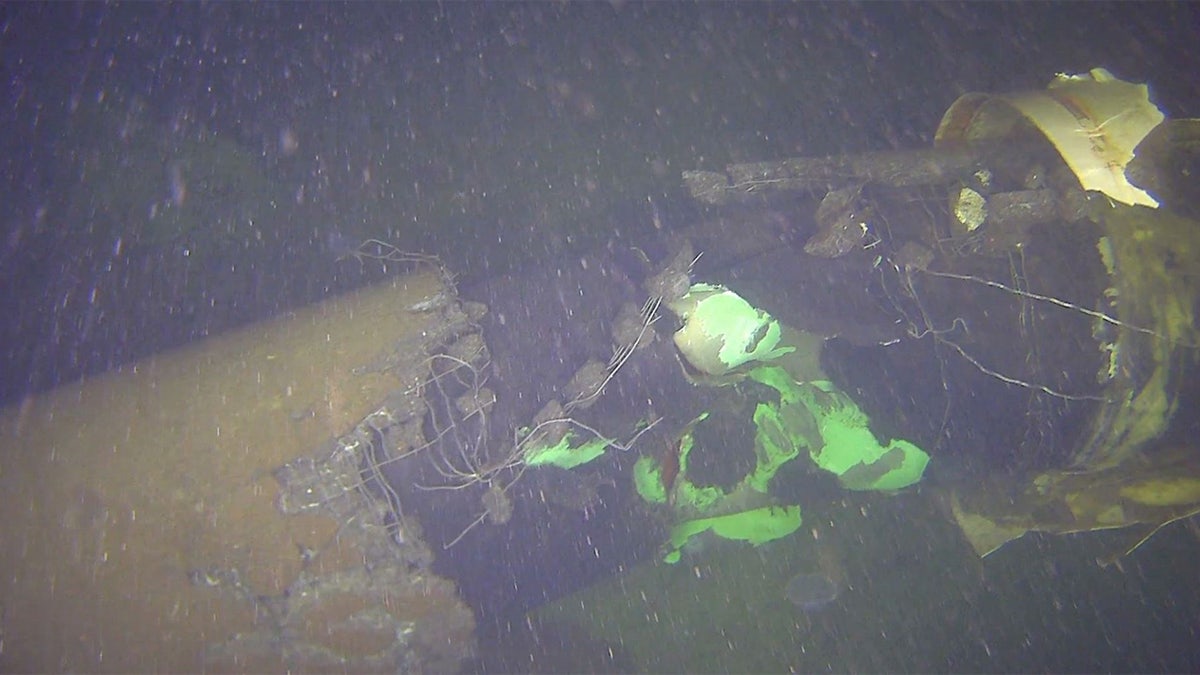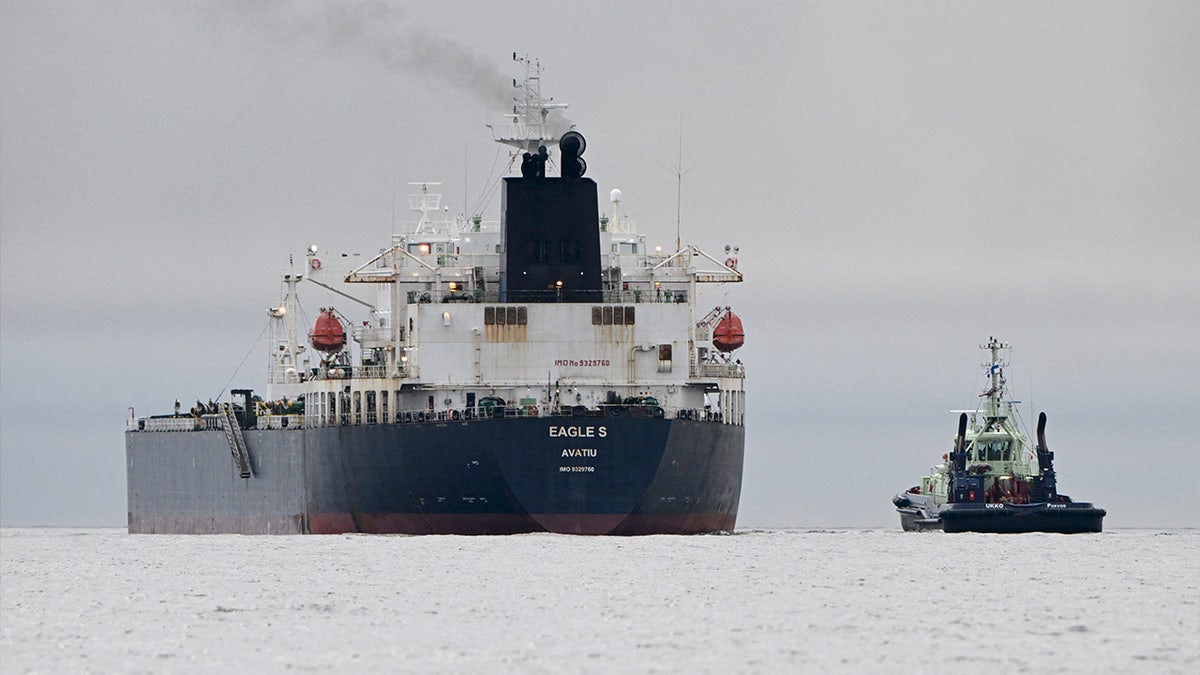Recent attacks on crucial undersea data and communication cables have raised alarms among Western officials, prompting concerns about potential coordinated sabotage by Russia and China. These incidents, occurring in strategically vital waterways like the Baltic Sea and South China Sea, involve suspected anchor dragging by ships linked to both nations.
EU High Representative Kaja Kallas expressed deep concern over the escalating hybrid activities, highlighting Russia's intensified disinformation campaigns, cyberattacks, and weaponization of energy supplies since the Ukraine invasion. However, she emphasized that Russia isn't the sole threat, pointing to China's involvement in similar incidents.

Kaja Kallas (Nicolas Landemard/Anadolu via Getty Images/File)
Several incidents have fueled these concerns. In November 2024, two Baltic Sea cables connecting Sweden, Lithuania, Finland, and Germany were severed after a Chinese-flagged vessel, the Yi Peng 3, allegedly dragged its anchor for over 100 miles along the seabed. This mirrored a similar incident in October 2023 involving the Chinese ship NewNew Polar Bear, which damaged the Balticconnector gas pipeline and telecommunications cables between Sweden and Estonia. While Beijing denies intentional wrongdoing, these events follow a pattern of Chinese interference with undersea cables, particularly targeting Taiwan's internet connectivity.

The Chinese bulk carrier Yi Peng 3 anchored near Grenaa, Denmark, on Nov. 20, 2024. (MIKKEL BERG PEDERSEN/Ritzau Scanpix/AFP via Getty Images)
Adding to the complexity, Finland seized the tanker Eagle S, suspected of being part of Russia's "shadow fleet," for allegedly damaging four telecommunications cables and the Estlink 2 power cable on Christmas Day 2024, again through anchor dragging. This tactic allows Russia to bypass sanctions and maintain oil exports to fund its war efforts.

Damaged Balticconnector gas pipeline in the Baltic Sea. (Finnish Border Guard/Handout via REUTERS)
While official confirmation of direct coordination between Russia and China remains elusive, security experts like former Deputy Assistant Secretary of Defense Heino Klinck express skepticism about mere coincidence, given both nations' history of operating in the gray zone. Kallas stressed the importance of a strong U.S. stance against Russia to deter similar actions by China, emphasizing that supporting Ukraine helps prevent future conflicts involving American forces.

Finnish tugboat near the oil tanker Eagle S in the Gulf of Finland on Dec. 28, 2024. (Jussi Nukari/Lehtikuva/via REUTERS)

Russian President Vladimir Putin and Chinese President Xi Jinping at the BRICS summit in Kazan, Russia, on Oct. 23, 2024. (Alexander Zemlianichenko/Pool via REUTERS)
In response to these escalating threats, NATO is set to unveil a new defensive strategy, "Baltic Sentry," which will enhance naval presence, deploy a drone fleet, and leverage AI for improved detection and response capabilities in the Baltic Sea. A Western security official, speaking anonymously, suggested that the recent sabotage attempts appear more planned and coordinated than isolated incidents.
Comments(0)
Top Comments